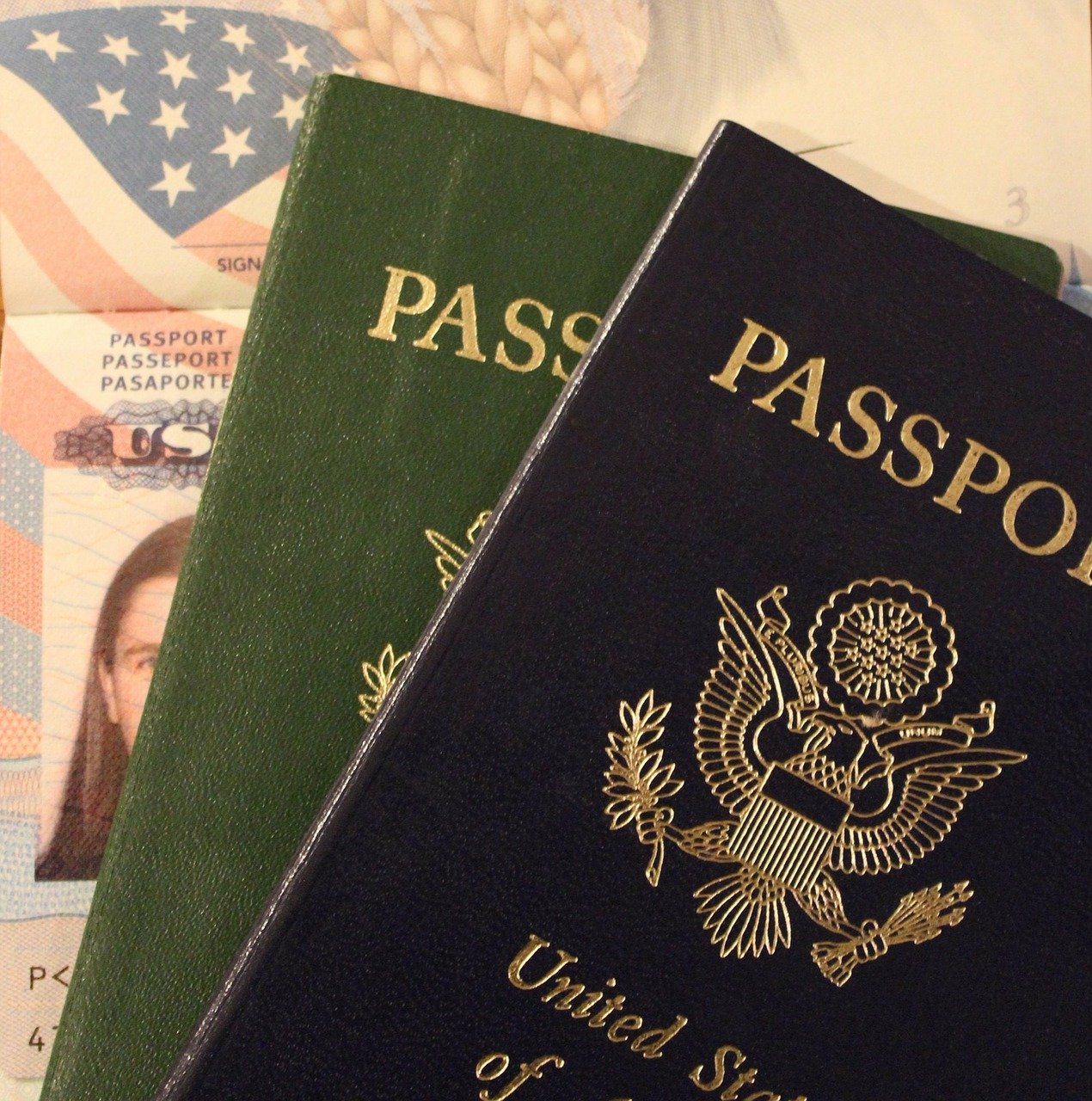Why COVID-19 has impacted the demand for dual citizenship
COVID-19 has caused people to reconsider multiple aspects of their lives, and with local lockdowns and travel restrictions being so central to stopping the spread of the pandemic, living conditions are a key focus — not only in terms of housing and postcode, but even one’s nation of residence. As a result of this reassessment, plenty of people are now considering dual citizenship in order to gain access to an additional country.
For those who haven’t acquired dual citizenship by birth, there are two other options — naturalisation after migration, or applying to a citizenship and residence by investment (CRBI) programme. Applications for new nationalities rose by 42% in the first quarter of 2020, showing just how fast demand is rising. But what is it about COVID-19 in particular that has prompted this upward trend?
Increased mobility benefits are even more appealing
One of the main benefits of dual citizenship is increased global mobility. As CRBI experts CS Global Partners explain: “Holding a single passport can impose limitations on an individual’s ability to travel. For example, certain countries do not allow entry to people with evidence of travel to or from a particular nation.” By having dual citizenship, a person can avoid travel restrictions placed on their nation, and usually increase the number of places they may go without a visa.
Prior to the COVID-19 outbreak, the right to live and work elsewhere in the world was perhaps the main draw of dual citizenship. For instance, obtaining a second passport from an EU state makes it possible to live and work in all of the other EU countries as well. However, the travel constraints during the pandemic have highlighted another benefit. “An increasing number of individuals who hold multiple nationalities can make strategic choices as to which citizenship offers better possibilities against the restrictions brought about by COVID-19,” Jelena Dzankic and Lorenzo Piccoli wrote in a March 2020 LSE blog. “For example, a dual national of Italy and Argentina, who had so far benefitted from the ample visa-free travel granted to Italian citizens, may well purposefully opt for using her Argentinian passport during the epidemic.”
More people could desire a safe haven in future crises
In spite of what people may have previously assumed, this worldwide health crisis shows that easy international travel is not always guaranteed, no matter what country you come from. With dual citizenship, individuals can increase their chances of being able to move freely if an emergency like this ever happens again. However, the ability to quickly move from one country to another will also be beneficial in other kinds of emergency, such as escaping a dangerous nation in the midst of political unrest.
Anyone who has acquired dual citizenship through birth or naturalisation after migrating would therefore have the option to move to their second country, which may be safer in a future crisis, health or otherwise. Perhaps this possibility is even more relevant to those considering citizenship and residence by investment. “Today, being able to enter Malta or Cyprus or even St. Kitts may look like a valuable escape hatch to potential investment citizens,” Temple University’s Peter Spiro considers in this piece for The Global Governance Programme. “For the very rich, the price tag is nominal. What good does a private jet do you if you have no place to go?” St. Kitts, for example, has had just 33 coronavirus cases and zero deaths at the time of writing, making it the ideal safe haven for anyone with citizenship.
Though it may seem like an extreme measure to obtain dual citizenship as insurance against a future health emergency, Spiro points out that citizenship is generally considered a long-term investment anyway, and that this is simply one of many reasons to take the plunge. “It may or may not be rational – who knows whether the country in which one’s grandparent was born will be a shelter from the next pandemic storm,” he writes. “But the additional citizenship and entry rights into that single country will supply value, and in most cases cost little if anything.”
People may be disillusioned with their home country
Every country has responded differently to the COVID-19 pandemic, and it’s safe to say that some have fared far better than others. For example, citizens of New Zealand, Australia and South Korea may feel pride over the states’ ability to stem the virus, while those living in the US, UK and Brazil are likely to be more anxious. As a result, people may feel disillusioned with their home country and therefore seek dual citizenship as an alternative.
“Experts say [COVID-19 travel restrictions have] helped the CRBI industry grow but it’s also shaking it up, as high net worth individuals turn away from traditionally prized passports like the US and towards countries with high-quality healthcare systems,” reports QZ, also noting the impact more remote working will have. “Essentially, if people can work remotely from anywhere in the world, […] they are asking themselves one question: If another pandemic comes around, ‘where would they prefer to be?’”
It’s also worth considering how COVID-19 could influence passport power going forward. Although a US passport has long been considered one of the most valuable in the world, it only offered visa-free travel to 86 countries in September 2020, compared to 171 the previous year. These travel restrictions may only be temporary, but prestige could be affected in the long term, and people may want to hedge their bets. In fact, Henley & Partners has reported a 100% increase in CRBI enquiries from Americans in the first half of 2020 alone, as well as significantly greater interest from UK and Canadian citizens. The world stage could look very different once the pandemic finally comes to an end, and obtaining dual citizenship may enable the wealthiest to prepare for a potential shake-up.

